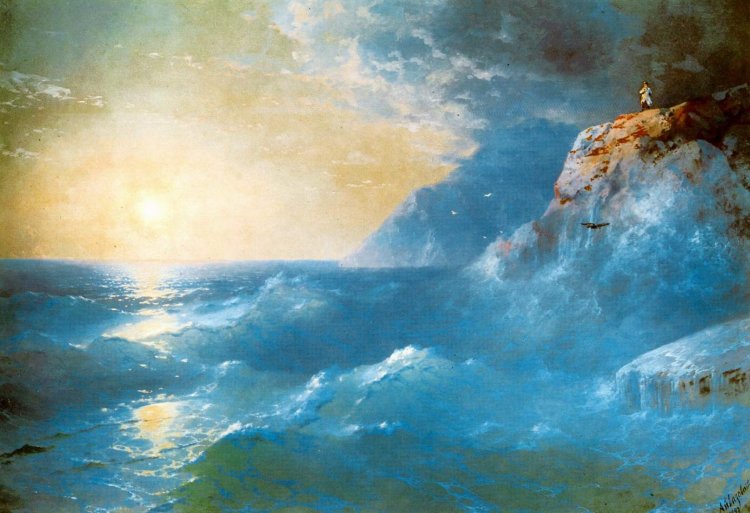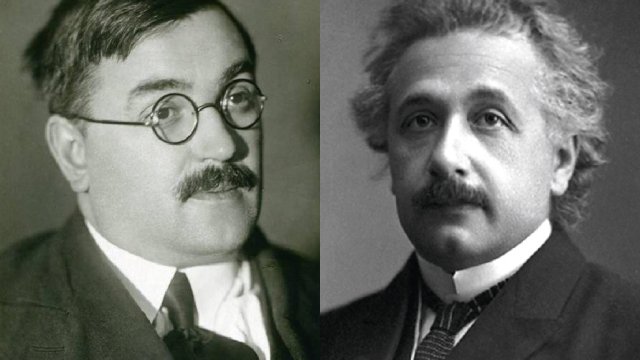
When the Catholic Church celebrated Saint Helena Day, the Portuguese expedition of João da Nova Castello combed the waters of the Atlantic about two thousand kilometers away from the coast of Africa. A sailor shouted, as usual: “Land ho!”, and an uninhabited islet was discovered dead ahead, measuring, as ascertained later, 122 square kilometers. The island was named after Saint Helena, claimed by Portugal and forgotten for a long time. In the 17th century, the island became a Dutch possession, later it was captured by the British who set up a station providing replenishments of water and food for ships that sailed around Africa on their way to India. It could remain as little known as the nearby islands of Gough or Tristan da Cunha which are also part of the UK's Overseas Possessions, had it not been for an accident. The fate or more precisely the English government, chose St. Helena as the site of Napoleon’s last exile. The frigate Northumberland moored at the island on October 15 1815 and the defeated emperor went ashore. There he died six years later.























